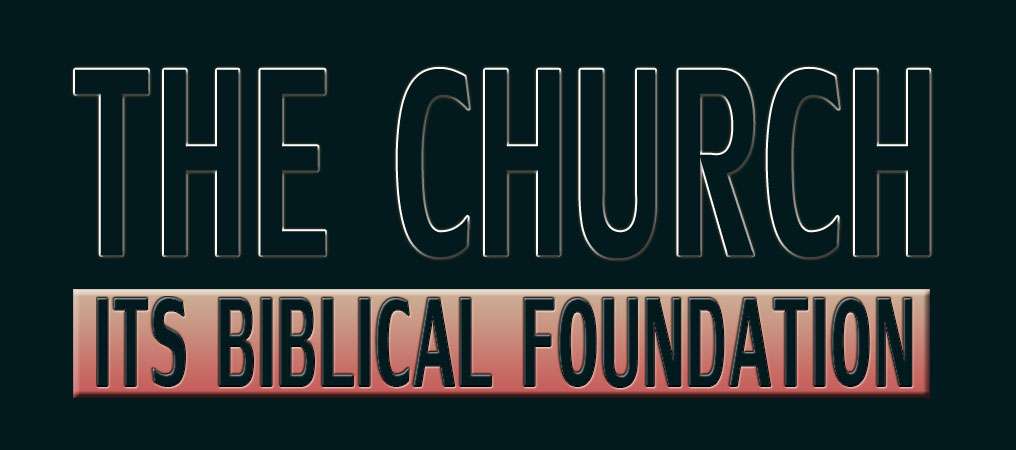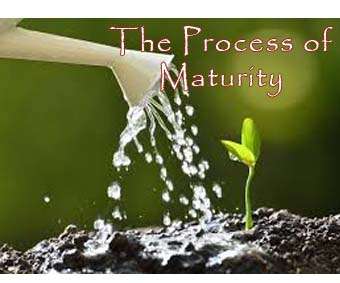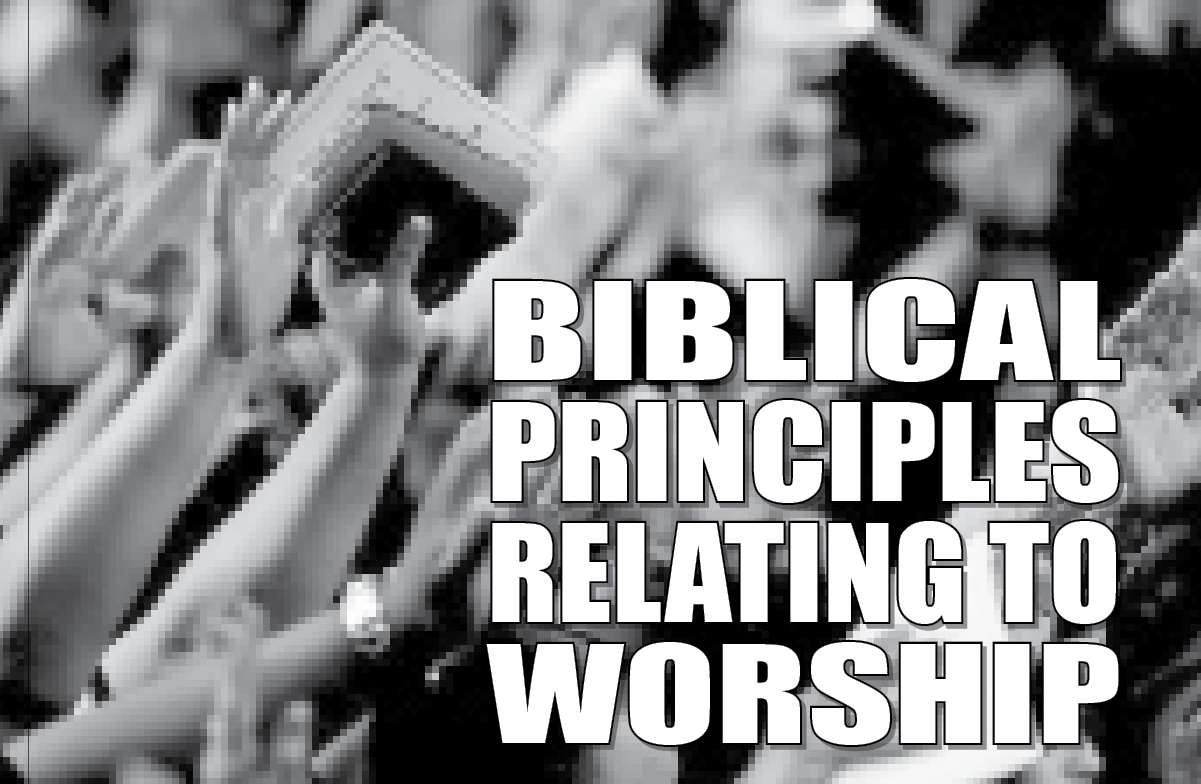

True Freedom
Dr. A. C. George
Freedom! It is a golden word for those who are bound by many fetters. Some of them may be physical, others might be mental or emotional. The word 'freedom' evokes different types of responses from different people, depending on their individual circumstances. To a nation of people which is ruled by a foreign country- as India was, fifty plus years ago-it means throwing off the yoke of the foreign rulers. To a laborer who is literally shackled and forced to work in a quarry or in a field owned by a hard hearted landlord, freedom means getting out of the shackles. To a child who is forced to work in a matchbox factory or a car garage, freedom means getting out of the evil system of child labor and enjoying his childhood like other normal children. To a housewife who is almost confined to the house because of the daily routine of cooking and doing other domestic chores, freedom means being able to get out of her house, breathe a whiff of fresh air and relax for a while. More pictures can be painted. Unfortunately, all of these are real life situations that exist in the world today, especially in the developing countries of the world. For many freedom is simply a day dream and building castles in the air.
Freedom has many dimensions. The above examples portray some aspects of freedom in the physical realm- of the body and mind. But true freedom goes far beyond the physical into the realm of the spirit of man. That is the concern of this article.
The Old Testament Perspective
In order to understand the concept of freedom in the Old Testament, we need to think of the condition of the Israelites in the land of Egypt. Just as God told Abraham that his descendants would live as strangers in a foreign land and serve them and that they would be afflicted there for 400 years, before God would bring them out of that land (Gen. 15:13-14), Israel lived in Egypt in slavery. After the death of Joseph, the sons of Jacob (Israel) were treated badly. Their miserable existence in Egypt included forced labor, torture by the “taskmasters” and afflictions of various kinds. Their experience is described by such terms as “bondage”, “affliction”, “burden”, “bitterness”, etc. (Exo.. 1:7-22). Egypt was a “house of bondage”. (Exo. 20:2) and an “iron furnace” (Deu. 4:20) for Israel.
In keeping with His character God acted in due time. The message of deliverance came to Moses in his “burning bush” experience. God told him: “I have surely seen the affliction of my people which are in Egypt, and have heard their cry by reason of their taskmasters; for I know their sorrows; And I am come down to deliver them out of the hand of the Egyptians, and to bring them up out of that land unto a good land and a large, unto a land flowing with milk and honey….” (Exo. 3:7-8, KJV). The subsequent chapters tell us how God effected this deliverance for Israel through a display of his power manifested in a series of miracles in Egypt culminating in the slaying of the “first born” of the Egyptians (Exo. 12:29-30). As for the Israelites, a “Passover lamb” was slain for every household (Exo. 12). That became a providential substitute for the Israelites and the blood of the paschal lamb served as a canopy of protection for them (Exo. 12:13). The event was to be remembered and celebrated as God’s act of redemption for the nation. Typologically it foreshadowed the redemption accomplished by Christ the true Passover lamb (1 Cor 5:7).
Israel’s deliverance from Egypt marked the beginning of Israel’s journey into the land of their dreams. In his “redemption song” Moses expressed his confidence that God would guide the people he “redeemed” (ransomed) “to the place where his holiness dwells” (Exo. 15:13, KJV).The redeemed people became a special nation and a holy nation to the Lord through the Sinaitic covenant. The Ten Commandments and all the other aspects of the law- ceremonial, Levitical etc.- reflected the holiness of God and God’s expectation of Israel to conform to God’s standard. The offerings and sacrifices including the sacrifice on the Day of Atonement made provisions for the remission of sins at the individual and national level (Lev. 1-5; 16). The object of deliverance from Egypt was to make them unique people and to enable them to worship God, keep his commands and to enter into the land and possess all the blessings God had promised to the Fathers. (Exo 19:5; Deu 7:6; Gen. 12:1-7; Exo. 3:17). These in essence were the components of redemption as outlined in the Old Testament. In reality they symbolized and foreshadowed the great deliverance God was to effect through the Messiah, the Redeemer of the world.
The New Testament Understanding
Reflecting on the “why” of the incarnation and the work Christ accomplished through his life, ministry and his death on the cross, St. Paul makes some categorical statements in his letter to the Galatians:
“We were slaves to the spiritual powers of this world. But when the right time came, God sent his Son, born of a woman, subject to the law. God sent him to buy freedom for us who were slaves to the law, so that he could adopt us as his very own children.” (Gal 4:4-5, The New Living Translation).
These statements underscore the human condition of slavery and the freedom Christ came to give to the slaves. The outcome of that freedom is that slaves can become sons through Christ.
The deliverance that Christ was to bring to those who were enslaved was anticipated and predicted in the Old Testament. Starting with the “Protoevangelion” (the first gospel) of Gen. 3:15, the Messiah was depicted in many prophecies. The “seed of the woman” whose mission was to “crush” the head of the serpent, is qualified by Isaiah as the son of a virgin who will be called “Immanuel”- “God with us” (Isa. 7:14). That “Son” is further described as having several royal titles including “Wonderful”, “Counselor”, and “Prince of Peace” (Isa. 9:6). Isaiah had several other prophecies about the mission of the Messiah. In one place he speaks of the mission of Christ in these terms: “The Spirit of the Sovereign Lord is upon me, because the Lord has appointed me to bring good news to the poor. He has sent me to comfort the broken hearted and to announce that captives will be released and prisoners will be freed” (Isaiah 62:1, NLT). By reading this passage in the synagogue in Nazareth and stating that this prophecy relates to his mission, Jesus made it very clear that he came to break yokes and set captives free. Truly the Messiah came to bring deliverance to all that were suffering under various kinds of burdens and oppressions.
Freedom was the focal point of Jesus’ message and ministry. At the very outset he called people to repent of their sins and believe in the good news. (Mk 1:15). He healed many who were afflicted by diseases (Mk. 1:40,41; 2:8-10). He cast demons out of so many who had been bound by Satan (Acts 10:38). He called people who were under the yoke and carrying many burdens to come to him for release and peace (Mt. 11:28). Jesus’ words: “I will give you rest” spelled freedom to the oppressed.
Jesus taught very clearly that he came to bring freedom to those in captivity. When he told the Jews that “the truth will set them free” (Jn. 8:32, KJV) they denied that they were even in bondage. But Jesus asserted that they were servants of sin and that he came to set them free. “So if the Son sets you free, you will indeed be free” (Jn. 8:36, KJV). In this dialogue with the Jews, Jesus revealed the truth that people do what they do because of the Devil who is a murderer and a liar. In contrast, Jesus is the Truth and the emancipator. The apostle John deals with the twin concepts of slavery and freedom in his first epistle and declares that the “Son of God was manifested that he might destroy the works of the devil” (1 Jn. 3:8). True freedom consists of breaking free from the dominion of the Devil and experiencing the freedom that Christ offers to all captives.
It must be pointed out that the theological word the New Testament uses for the concept of freedom is redemption. It was borrowed from the slave trade that existed in the world at that time. Three Greek words have been used to deal with the various aspects of the trade: Agorazo means buying from the market, exagorazo means bringing out of the market and andlutroo means releasing (the slave) by paying a price. All of these concepts are applicable to the redemption that Jesus accomplished for humanity. He came to the world to save sinners. He paid a great price to purchase the sinners for his own purpose. That price was his own precious blood (1 Pet.1: 18). And he leads his own out of slavery into a glorious freedom. The basic meaning of redemption is freedom. Its essence is the forgiveness of sins (Eph 1:7). When sin is dealt with properly, all the other shackles that restrict and afflict the human heart whether it is fear or anxiety or ailments of various kinds- will loosen their grips on the human mind.
In conclusion let me say that it is one thing to find freedom in Christ, but it is quite another to maintain that freedom in our day to day experiences. The “old Master” will make many attempts to recapture his territories and subjects. It is imperative that we recognize the wicked devices of the Devil and resist him so that we will not jeopardize our freedom. Paul gave this admonition to the Galatian Christians: “It is for freedom that Christ has set us free. Stand firm, then, and do not let yourselves be burdened again by a yoke of slavery.” (Gal 5:1, NIV). Jesus Christ our liberator has set us free from all spiritual bondage. It is our duty to enjoy that freedom by being vigilant and subjecting ourselves to his Lordship continually. We also need to live in the realm of the Spirit and obtain new heights of spirituality and liberty in the Spirit. That is the calling God has given to every believer.








